UK’s far-right riots demand urgent national reflection on racism
- Update Time : Wednesday, August 21, 2024
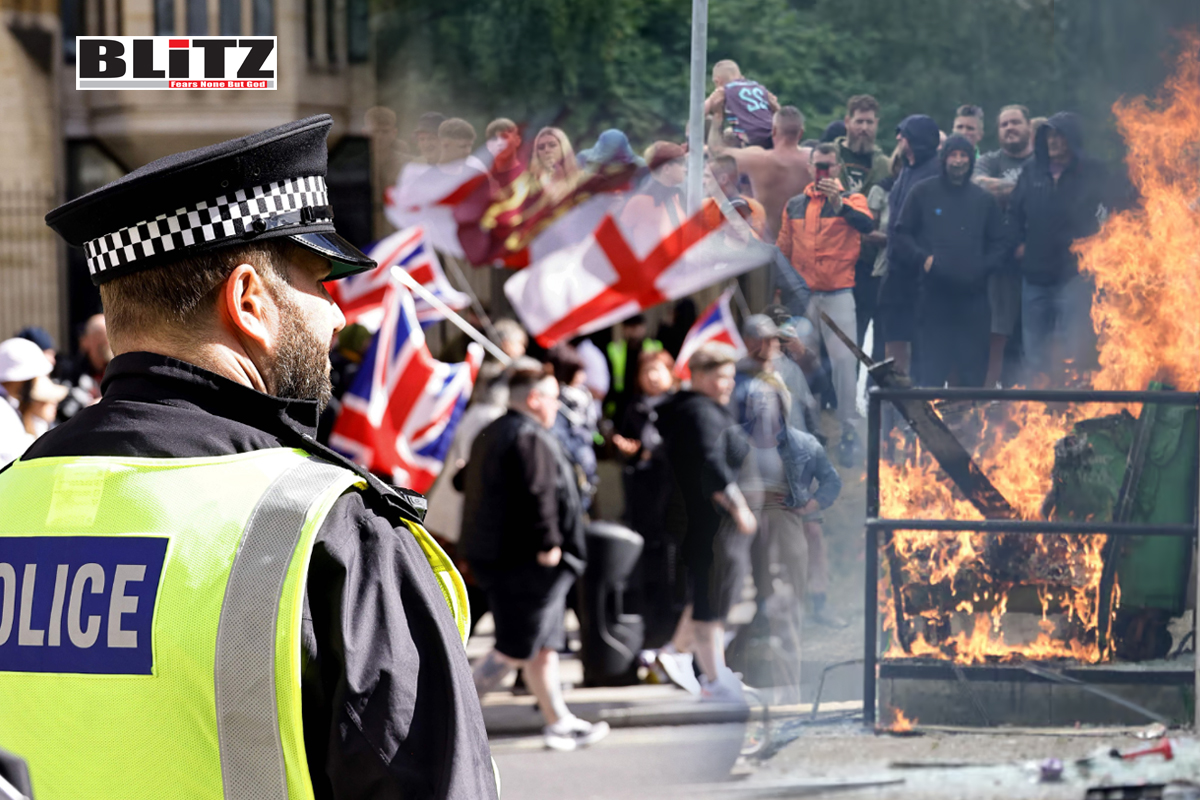
The United Kingdom (UK), long celebrated as a beacon of multiculturalism and tolerance, recently found itself grappling with a disturbing outbreak of far-right violence. This wave of unrest, characterized by attacks on mosques, hotels housing asylum seekers, and assaults on police officers, has forced the nation to confront the deep-seated issues of racism, xenophobia, and Islamophobia that still persist within its society. While peace and order have been restored, the underlying tensions that sparked these riots demand a thorough examination and sustained efforts to address their root causes.
The recent riots, which spread rapidly across multiple locations in the UK, did not emerge spontaneously. The scale and coordination of these violent outbursts suggest that they were premeditated, with far-right groups seizing upon an opportunity to unleash their toxic ideology. The tragic incident that served as the catalyst for this unrest was the horrific fatal stabbing of three young girls at a dance class in Southport, a seaside town in the north of England. The perpetrator, a British-born 17-year-old, was quickly arrested, and authorities determined that the incident was not terror-related. However, within hours of the attack, false claims began circulating on social media, suggesting that the killer was Muslim. This misinformation quickly ignited a wave of violence directed at the Muslim community, with mosques being attacked and buildings housing hundreds of people set ablaze.
The swift and decisive response by the government, police, and courts was crucial in containing the violence and restoring order. Prime Minister Keir Starmer’s Labour government, faced with its first major crisis since taking office in July, acted with impressive resolve. Hundreds of rioters were arrested, and many were swiftly charged and sentenced, sending a clear message that such acts of violence would not be tolerated. This rapid application of justice was not only a necessary response to the immediate threat but also a deterrent to those who might consider engaging in similar behavior in the future.
While the government’s response was effective in quelling the violence, it would be a grave mistake to view these riots as an isolated incident or the actions of a small fringe group. The riots are symptomatic of deeper societal issues that have been festering for years, particularly racism and xenophobia. These issues are not unique to the UK; they are present in many Western societies, where far-right ideologies have gained traction, often fueled by economic insecurities, political disillusionment, and a sense of cultural displacement.
In the UK, the Brexit referendum in 2016 was a clear manifestation of these underlying tensions. The campaign was marked by a significant focus on immigration, with some proponents of Brexit exploiting fears about the impact of migrants on British society. This rhetoric has continued to shape political discourse in the UK, with immigration and multiculturalism often portrayed as threats to the nation’s identity.
The recent riots highlight the dangerous influence of far-right groups and their ability to exploit societal divisions for their own gain. These groups have been emboldened by the rhetoric of some mainstream politicians, who have used inflammatory language to describe immigrants and asylum seekers. For example, former Prime Minister Boris Johnson once described Muslim women wearing burqas as “looking like letter boxes,” a remark that was widely criticized but did not prevent him from becoming the leader of the Conservative Party. Similarly, former Home Secretary Suella Braverman described asylum seekers as “invaders” in a parliamentary speech, language that dehumanizes those seeking refuge and perpetuates a narrative of fear and hostility.
The role of social media in spreading misinformation and inciting violence cannot be overlooked. In the case of the Southport stabbing, the rapid spread of false information about the perpetrator’s identity played a significant role in fueling the riots. This is part of a broader trend in which social media platforms are used to disseminate hate speech and coordinate violent activities. The anonymity and reach of these platforms make them powerful tools for far-right groups seeking to radicalize individuals and organize attacks.
To combat this, there must be greater accountability for social media companies in monitoring and removing harmful content. Additionally, efforts to promote media literacy and critical thinking skills among the public are essential to help individuals recognize and resist the spread of misinformation.
The recent violence in the UK should serve as a wake-up call to the nation. It is not enough to restore order and move on; there must be a concerted effort to address the root causes of racism and xenophobia. This includes not only holding perpetrators accountable but also challenging the societal structures and narratives that allow these ideologies to flourish.
One potential step forward could be the establishment of a royal commission to investigate the causes of racism and xenophobia in the UK and to develop recommendations for how to address these issues at both the policy and community levels. Such a commission could help to facilitate a national conversation about what it means to be British in a modern, multicultural society and how to build a more inclusive and equitable nation.
Furthermore, political leaders must take responsibility for the language they use and the policies they promote. While it is important to address legitimate concerns about immigration and social cohesion, this must be done in a way that does not scapegoat or demonize vulnerable communities. Instead of rejecting multiculturalism, the UK should strive to embrace it more fully, recognizing the valuable contributions that migrants have made to the country’s economy, culture, and society.
The recent far-right violence in the UK is a stark reminder of the ongoing challenges the country faces in dealing with racism and xenophobia. While the government’s swift response was commendable, it is only the beginning of what must be a sustained and comprehensive effort to address these deep-seated issues. By fostering a national dialogue, promoting inclusivity, and holding those who incite hatred accountable, the UK can begin to heal the divisions within its society and build a more just and tolerant future.




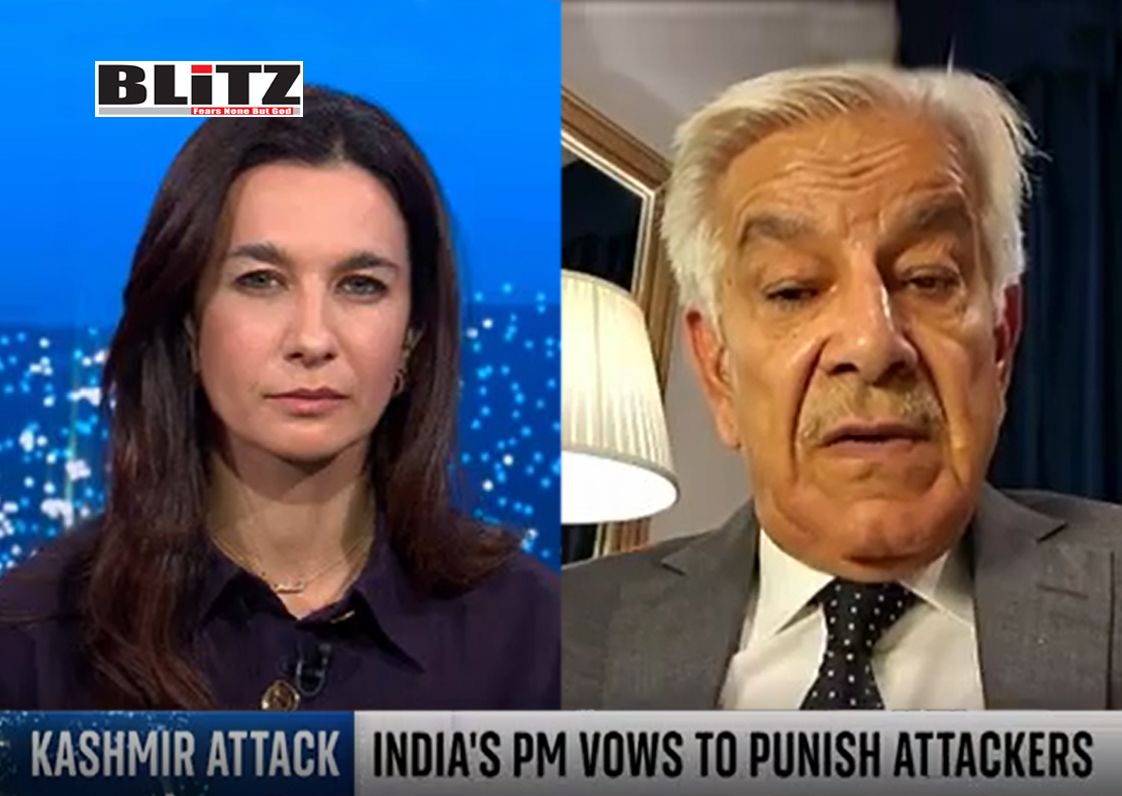

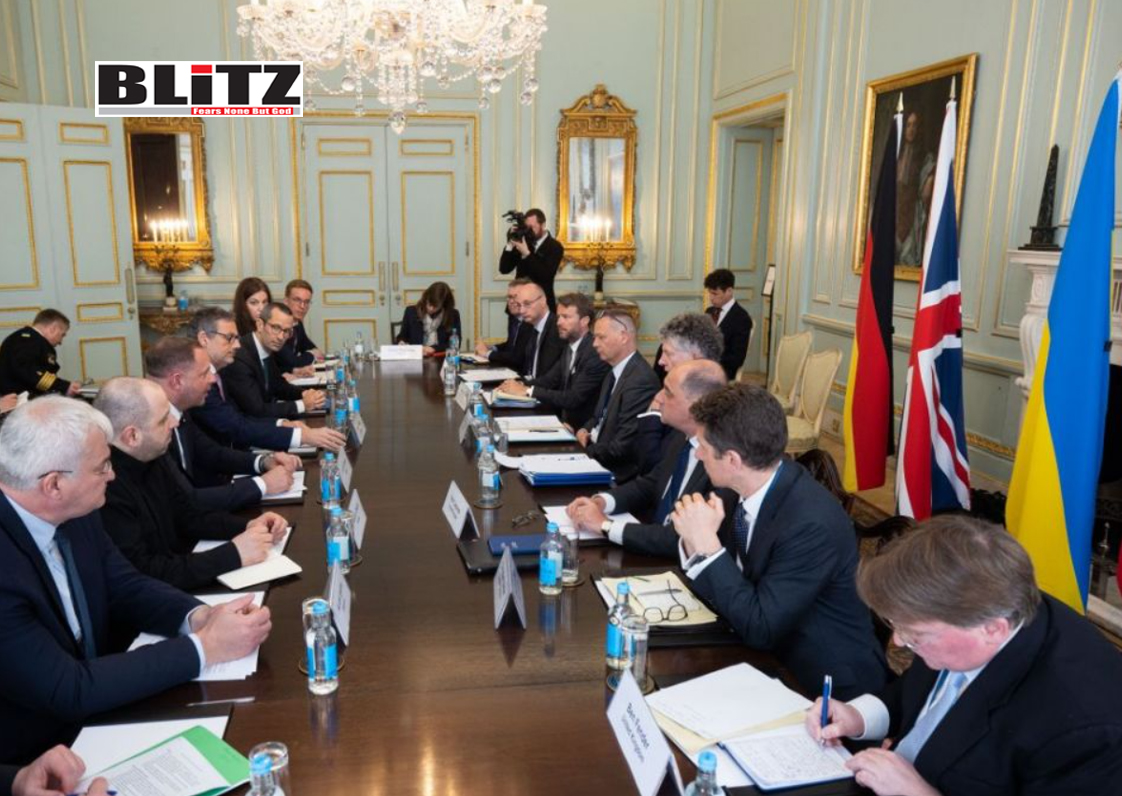
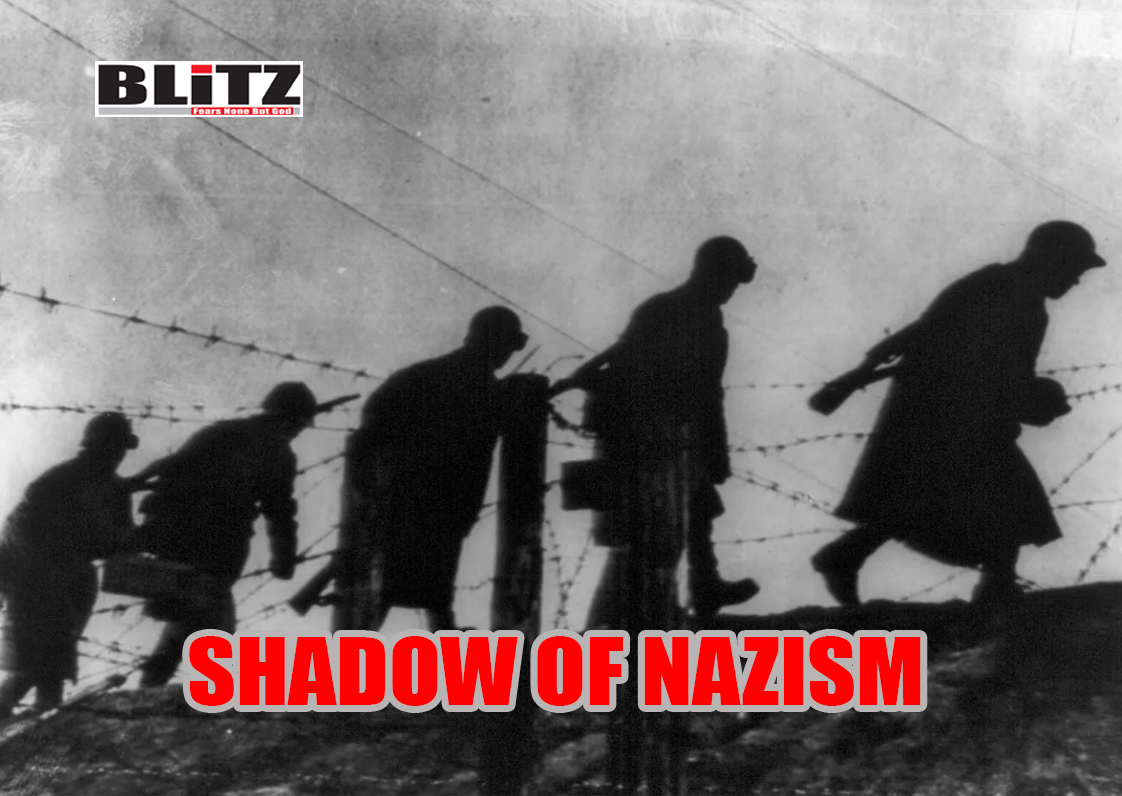
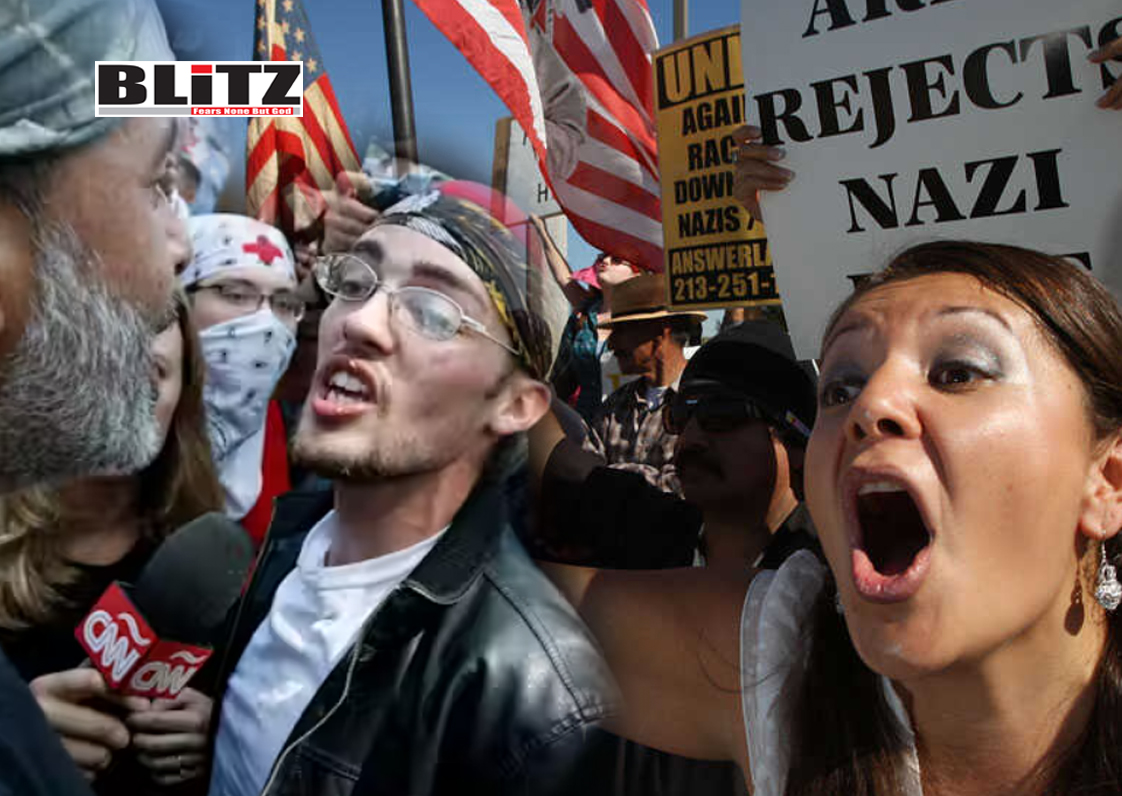

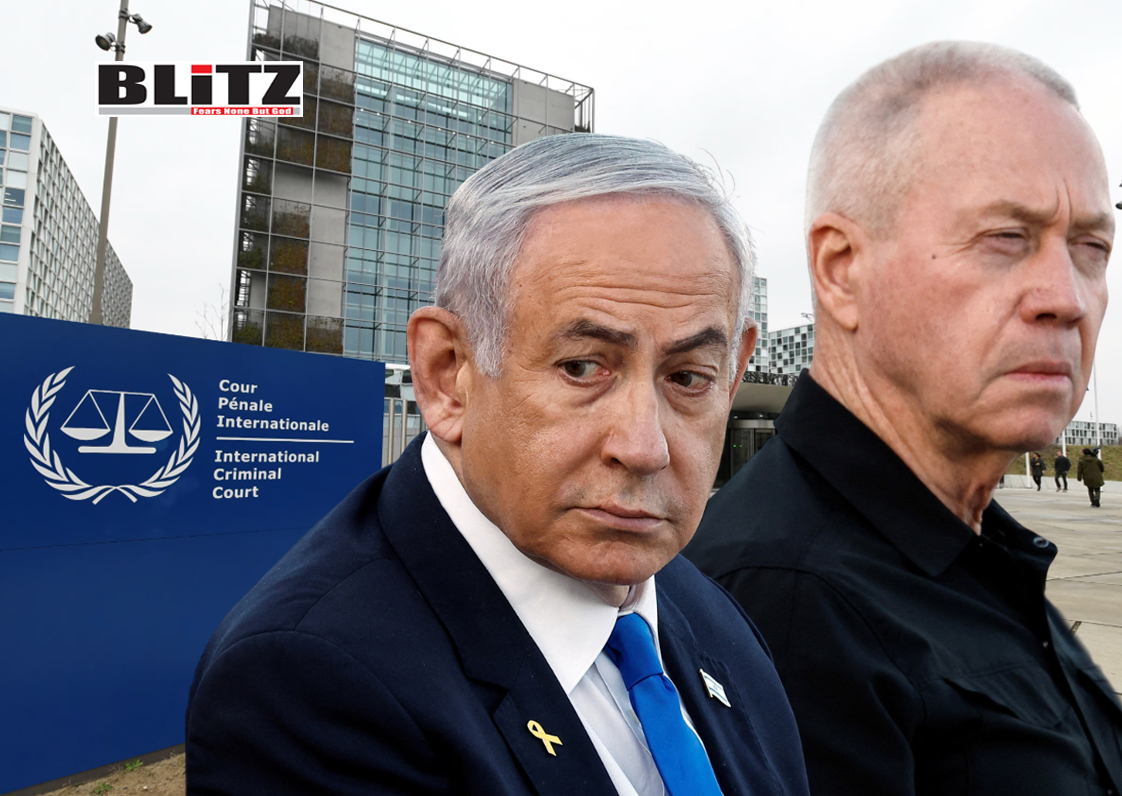

Leave a Reply